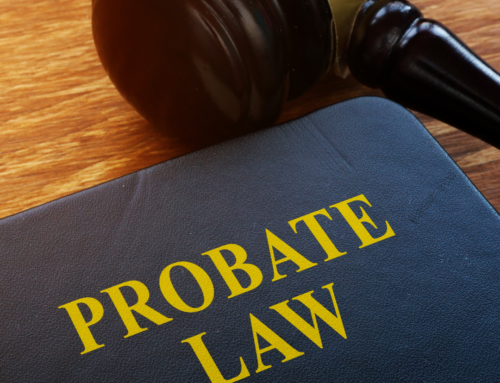September 2019
“PAGA” is the acronym for California’s fifteen-year-old Private Attorneys General Act. This Act allows an individual, on behalf of himself and other employees, to recover civil penalties for alleged Labor Code violations. It added new civil penalties for all such violations, even if certain Labor Code provisions did not previously authorize civil penalties.
PAGA began as a little used remedy in litigation, often just added as a throw-away claim among other more lucrative theories of recovery pursued by plaintiff lawyers. Unfortunately, recent appellate case law has converted it to the latest tool for extortion by lawyers representing employees.
As a result of these appellate decisions, PAGA has become a challenging problem for all employers. If you have not yet been sued, count your blessings and get prepared. Given their class action nature, PAGA claims often present substantial, meaning million dollar, exposure.
The California Supreme Court started giving PAGA monster status by holding that, unlike other representative actions, onerous class certification requirements did not apply to PAGA claims. Thus, class action-type PAGA claims are easily filed and pursued.
Second, that Court, a few years later, held that class action waivers (a common feature in well drafted arbitration agreements) cannot be enforced against employees who file representative PAGA claims. This meant that employers with enforceable arbitration agreements could compel arbitration of all employment claims, except PAGA claims. Preferring litigation over arbitration, plaintiff lawyers were ecstatic.
Third, the federal Ninth Circuit Court of Appeals ruled that it was not proper to aggregate the value of PAGA penalty claims to meet the “amount in controversy” threshold that would have permitted these claims to be removed from state court and litigated in more employer-friendly federal court. In other words, California plaintiffs can now file PAGA suits without the risk the employer might transfer the action to a federal court.
Finally, in 2018, the state Court of Appeal ruled that a PAGA plaintiff could claim and sue for alleged Labor Code violations that s/he was never victimized by. In other words, and for example, if one of your employees (or former employees) believes that a co-worker was misclassified as an independent contractor, that employee can initiate a PAGA action even though s/he was never personally a victim of such misclassification.
These recent decisions have created a Frankenstein employers now have to combat or, better yet, avoid. The best way to do so, in addition to being informed about the real threat PAGA claims present, is to ensure that your workplace has no, or is not engaged in any, California Labor Code violations. Given the myriad workplace rules and regulations, both state and federal, this is not a quick or easy task. It can best be accomplished by an employment law audit of your workplace performed by a competent lawyer. Forewarned is forearmed.
Douglas B. Large, Attorney
805.966.7757
DISCLAIMER: This Advisor is one of a series of business, real estate, employment, estate planning and tax bulletins prepared by the attorneys at Fauver, Large, Archbald & Spray, LLP. This Advisor is not exhaustive, nor is it legal advice. You should discuss your particular situation with us or with your own attorney. Our legal representation is only undertaken through a written engagement letter and not by the distribution or use of this Advisor.





